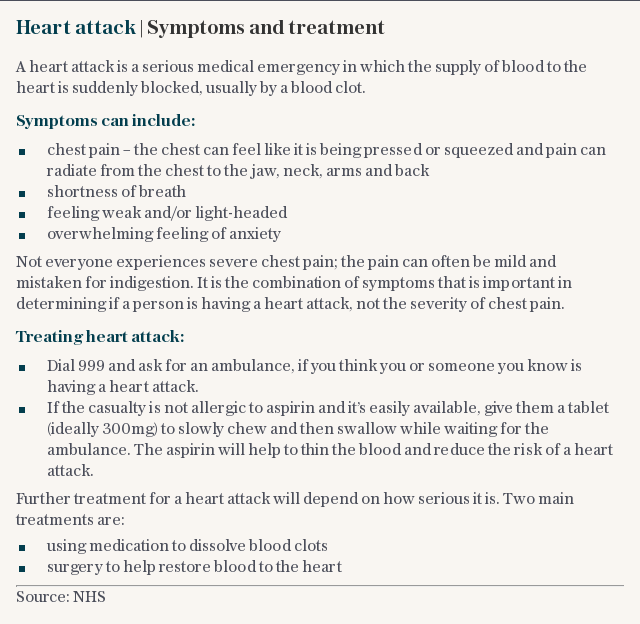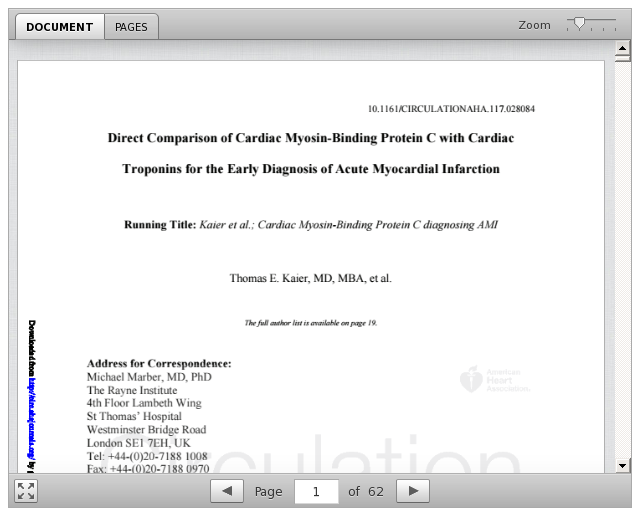New heart attack test could give thousands of patients an instant all-clear

A new blood test could see hundreds of thousands of patients with suspected heart attacks sent home from hospital in minutes, after being given the all-clear in an instant.
More than 2 million people a year arrive at Accident & Emergency departments suffering chest pains, and have to undergo a battery of tests, sometimes taking days.
In around nine in ten cases, the signs are a false alarm - and can signal something as harmless as indigestion.
Scientists from King's College London have now developed a new test which is far more sensitive at detecting damage to the heart muscle - meaning that almost half of patients can be given an accurate diagnosis on the spot.
If rolled out across the NHS, more than 350,000 patients a year who currently spend days in A&E departments could be sent home within 15 minutes, the findings suggest.

Scientists said the breakthrough was “revolutionary” and could free up thousands of NHS beds, if widely adopted.
At present, all patients with suspected heart attacks undergo a blood test when they arrive at A&E and again three hours later which is designed to detect damage to the heart muscle.
The test works by analysing biomarkers called troponin, but up to 85 per cent of all patients fall into an intermediate risk group which requires an overnight stay with further tests.
The new test looks for another biomarker - cardiac myosin-binding protein C (cMyC) - which is found to be even more sensitive at detecting damage to the heart muscle.
Levels of the protein the blood increase more rapidly after a heart attack, and to a higher extent, than troponin.
The new test - which could be rolled out across the NHS in the next five years - can therefore lead to a much more rapid diagnosis.
The latest study on more than 2,000 people at hospitals in Switzerland, Italy and Spain was funded by the British Heart Foundation (BHF) and published in the journal Circulation.

The results showed that compared to the troponin test, the new test doubled the proportion of patients ruled out as having a heart attack. While both identified 15 per cent of patients as having had an attack, the new test ruled out 32 per cent of cases - when the old test weas able to do this in just 15 per cent of cases.
Mike Marber, professor of cardiology at King's College London and head of the UK arm of the research, said: "We've shown that this test is not only just as good as the current test for working out who has had a heart attack, but it's also much better at working out who hasn't.
Professor Sir Nilesh Samani, Medical Director at the British Heart Foundation said the results looked “very promising” and could save hospitals hundreds of thousands of pounds. But he said further research was needed before it became the standard test.

